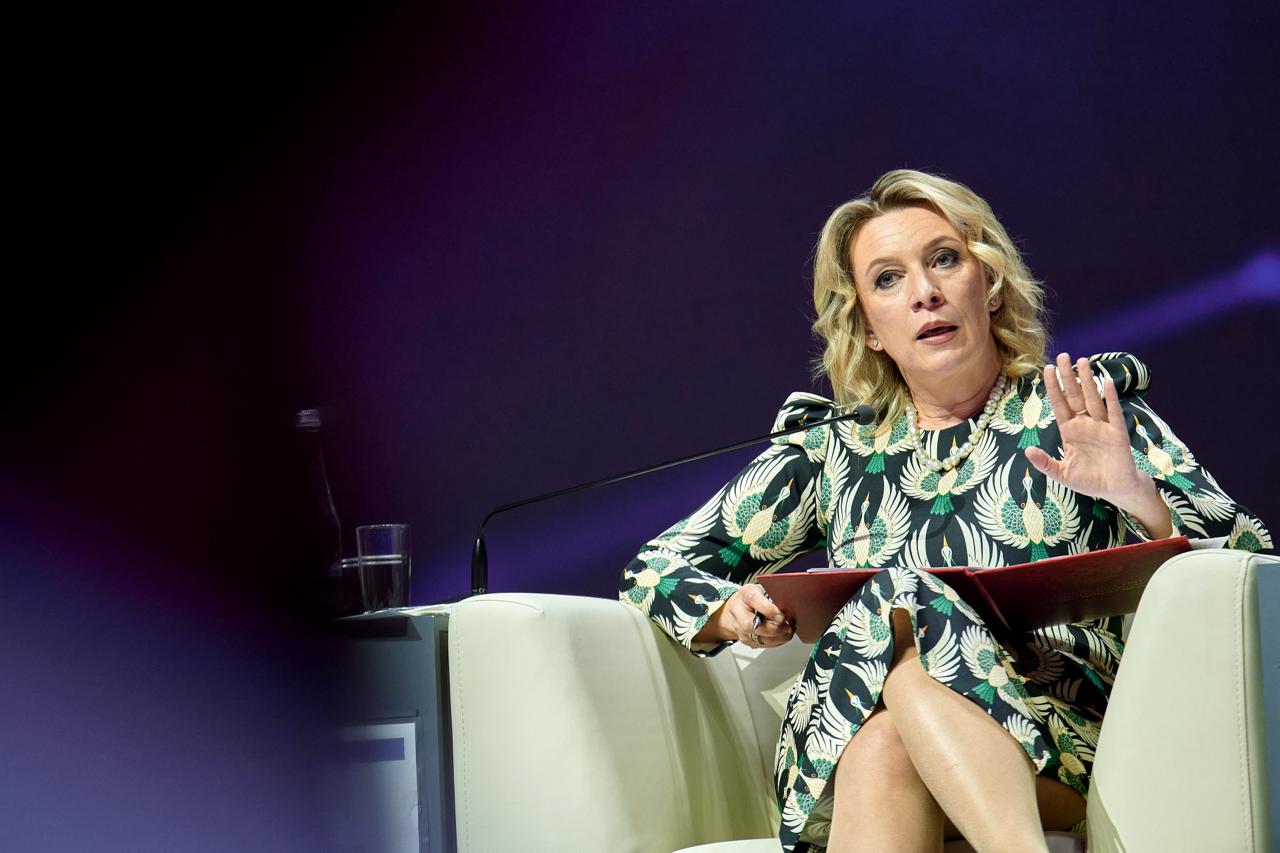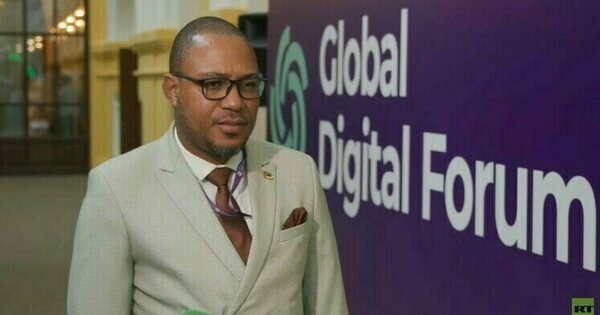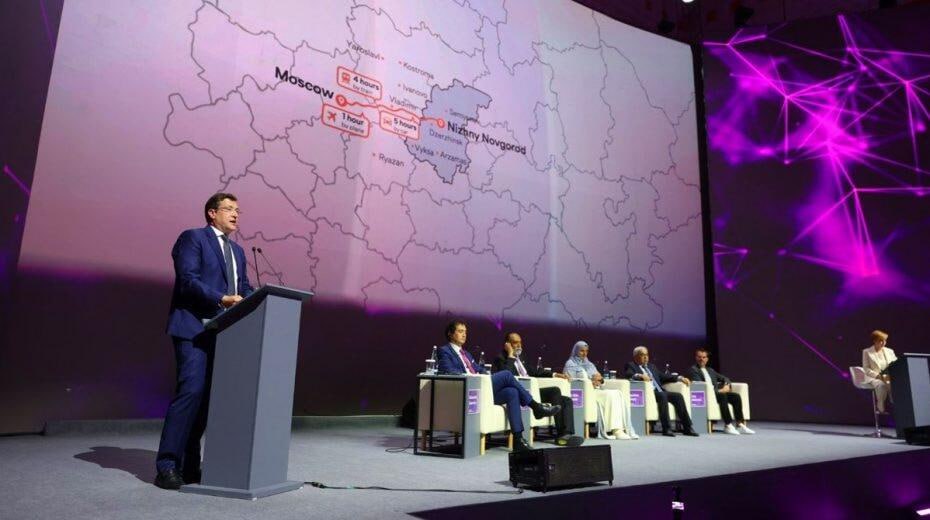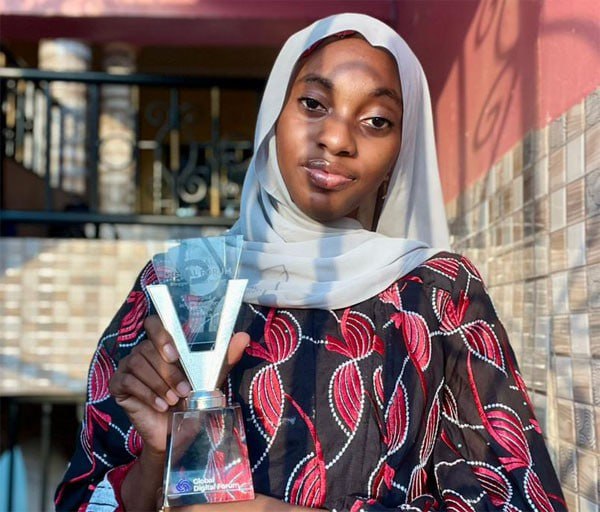Опасность распространения дезинформации и сотрудничество в борьбе с ней на международном уровне обсудили на сессии «Ответственный фактчекинг в эпоху постправды: новые возможности для сотрудничеств», организованной Global Fact-сhecking Network (GFCN) в рамках Глобального цифрового форума.
Сегодня без собственных социальных сетей и цифровых платформ страна не может заявлять о себе как о лидере. Россия активно развивается в этом направлении, создавая собственные цифровые сервисы, подчеркнула директор Департамента информации и печати Министерства иностранных дел Российской Федерации, официальный представитель МИД России Мария Захарова. Они являются важным инструментом, в том числе для борьбы с дезинформацией, которая стала политическим оружием. Мария Захарова рассказала, что противодействие фейкам имеет глобальные задачи:
«Сегодня это не просто конкретная, точечная работа по отработке фейков, мы это делаем не из любви к искусству, не потому что есть возможности, а потому что сейчас мы невольно делаем шаг, нас подталкивают, всю планету, весь мир, отказаться от правды, расписаться под тем, что мы готовы жить не в мире постправды, а даже постпостправды, присягнуть на верность лжи. Мы этого делать не будем. Я призываю вас биться за правду, докапываться до истины и не сдаваться».
В современном мире недостоверная информация не только представляет опасность для отдельных людей и общества в целом, но и может наносить ущерб целым странам. Поэтому для борьбы с дезинформацией была создана Международная ассоциация по фактчекингу Global Fact-checking Network. В условиях, когда понятие фейков трансформируется и становится шире, важно не только сотрудничать в противодействии дезинформации на международном уровне, но и проводить просветительскую работу внутри отдельных стран, объяснил генеральный директор АНО «Диалог» и «Диалог Регионы», президент GFCN Владимир Табак:
«Сегодня, к сожалению, прослойки между информацией и ее конечным потребителем в виде обычного жителя, которой раньше были СМИ, больше нет. Среднее время, проведенное в интернете российским пользователем — 5 часов 36 минут. Журналистика трансформировалась, люди читают неверифицированные источники информации. И самая большая проблема заключается в том, что сегодня человеком, который должен заниматься фактчекингом, становится не журналист, а обычный житель. Поэтому работа выходит за рамки сообщества, сейчас особое значение имеет просветительская функция».
Одной из стран, которые сегодня активно подвергают информационному давлению посредством дезинформации, является Сербия. Опытом противодействия дезинформации страны поделился министр информации и телекоммуникаций Республики Сербия Борис Братина:
«В Сербии растет число инициатив, которые повышают уровень медиаграмотности разных социальных групп: детей, молодежи, их родителей, пожилых граждан. <…> Но несмотря на все эти продвижения, у нас остаются серьезные вызовы, которые требуют координации между различными учреждениями и ведомствами. Также требуются усилия в формальном и неформальном образовании. Нам необходимы механизмы и инструменты мониторинга, чтобы понять, насколько эффективна наша работа по продвижению медиаграмотности».
Сейчас, в условиях информационных войн, с давлением сталкиваются не только отдельные страны, но и представители средств массовой информации. О ситуации в Румынии и примерах ограничений прав журналистов рассказал корреспондент RT Чей Боуз (Ирландия):
«Я собирался осветить второй раунд выборов в Румынии, но меня арестовали в аэропорту, потому что я якобы представлял угрозу нацбезопасности Румынии. Возможно, это связано с тем, что я часто говорю, как плохо функционирует Евросоюз, и как он демонстрирует избирательную слепоту в отношении событий в разных странах. Почему в Европе не может быть открытых свободных дебатов? Потому что идет информационная война. Нам не разрешают спорить и выражать свою точку зрения. Мы должны бороться за настоящую правду, а не за единое видение, которое нам предлагается».
Вокруг импичмента южнокорейскому президенту в апреле 2025 года также было много фейков, и эта дезинформация привела к поляризации в Южной Корее, отметил корреспондент МИА «Россия сегодня» в Азии, член Ассоциации журналистов Азии (AJA), член Сеульского клуба иностранных корреспондентов (SFCC) Ли Сан Хён (Республика Корея). Сегодня фейковые новости могут стать угрозой для всего общества и оказывать влияние на все его институты, объяснил эксперт GFCN, президент «Института 1717» Эммануэль Леруа (Франция). При этом люди перестают верить социальным сетям и новостям, которые читают, а традиционные СМИ начинают возвращать свои позиции, считает фактчекинг-менеджер агентства Anadolu Омер Фарук Горчин (Турция).




